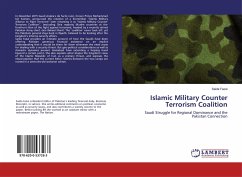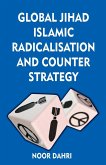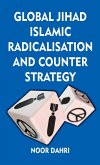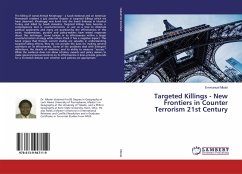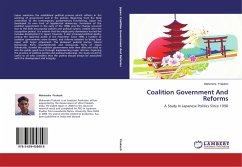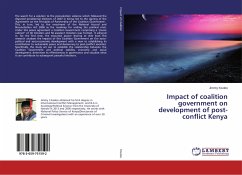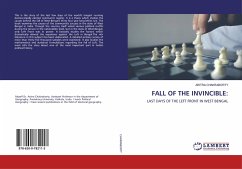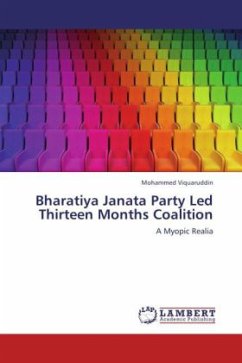In December 2015 Saudi Arabia's de facto ruler, Crown Prince Mohammad bin Salman, announced the creation of a 34-member "Islamic Military Alliance to Fight Terrorism" later renaming it as "Islamic Military Counter Terrorism Coalition", (excluding Shia majority Muslim countries at the forefront then of the fight against terrorism), headed by a recently retired Pakistan Army chief, Gen Raheel Sharif. The 'coalition' never took off, yet the Pakistani general stays back in Riyadh, believed to be looking after the kingdom's internal security affairs. Saida Fazal provides an intimate account of how the Saudis have been offering Pakistan generous financial assistance on an implicit understanding that it would be there for them whenever the need arose for dealing with a security threat. But geo-political considerations as well as domestic dynamics prevent Islamabad from extending a helping hand beyond a certain point. She also explains what shapes the kingdom's view of the Islamic Republic of Iran as a primary threat, and exposes the misconception that the current bitter rivalries between the two camps are rooted in a centuries-old sectarian schism.

